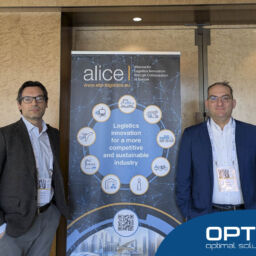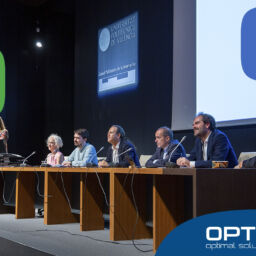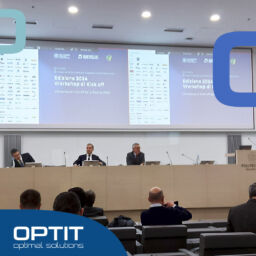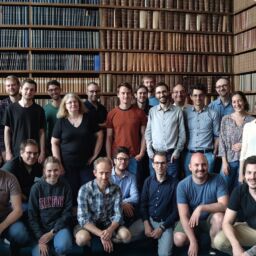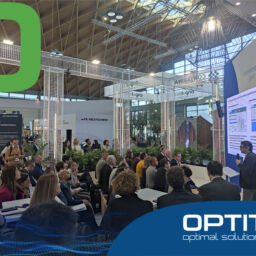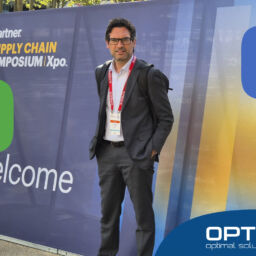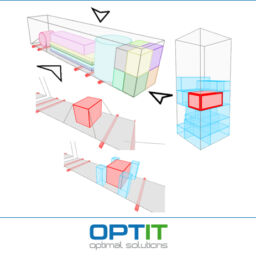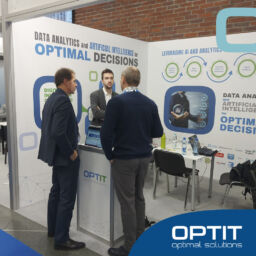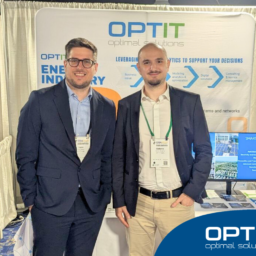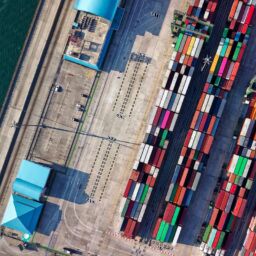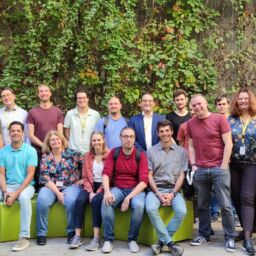A new step forward in hybrid modelling for Logistics and environmental decision-making
Optit has been selected as the lead partner in the MILA project (Hybrid Modelling to Support Decisions in the Logistics and Environmental Domain), part of the FAIR programme promoted by the Italian Ministry of University and Research.
The initiative, funded through the NextGenerationEU plan, falls under Spoke 8 – “Pervasive AI” – coordinated by the University of Bologna.
With a duration of 10 months, MILA aims to explore and develop innovative hybrid approaches combining symbolic (knowledge-based) models and data-driven methods for advanced Decision Support Systems in Logistics and supply chain applications.
Optit’s role: from feasibility study to experimental development
The project leverages Optit’s extensive experience in Logistics optimisation and applied artificial intelligence.
MILA will focus on integrating AI and mathematical modelling into existing platforms to address complex problems in freight transport, intra-logistics, and waste management.
Activities will include feasibility studies, industrial research and experimental development of new hybrid models. These will enhance features such as vehicle routing, demand forecasting, service scheduling, and performance evaluation using real-world data from IoT and enterprise sources. The final goal is to enrich Optit’s technological assets with new functionalities and improve operational efficiency across different Logistics domains.
An impactful collaboration for science and industry
The project is expected to deliver both technological and environmental benefits, by enabling more resource-efficient logistics processes and contributing to the broader advancement of data-driven innovation in the industry.
By combining symbolic and AI-based techniques, MILA marks a significant step forward in applying hybrid intelligence to real-world operations, in line with the objectives of Industry 5.0 and the shift toward a sustainable, data-informed economy.
The results of MILA will be shared with the University of Bologna and the wider research community through dedicated reports and, potentially, scientific publications.
The MILA project has been funded under the FAIR programme (code PE00000013), as part of Italy’s National Recovery and Resilience Plan (PNRR), with funding from the European Union – NextGenerationEU.





